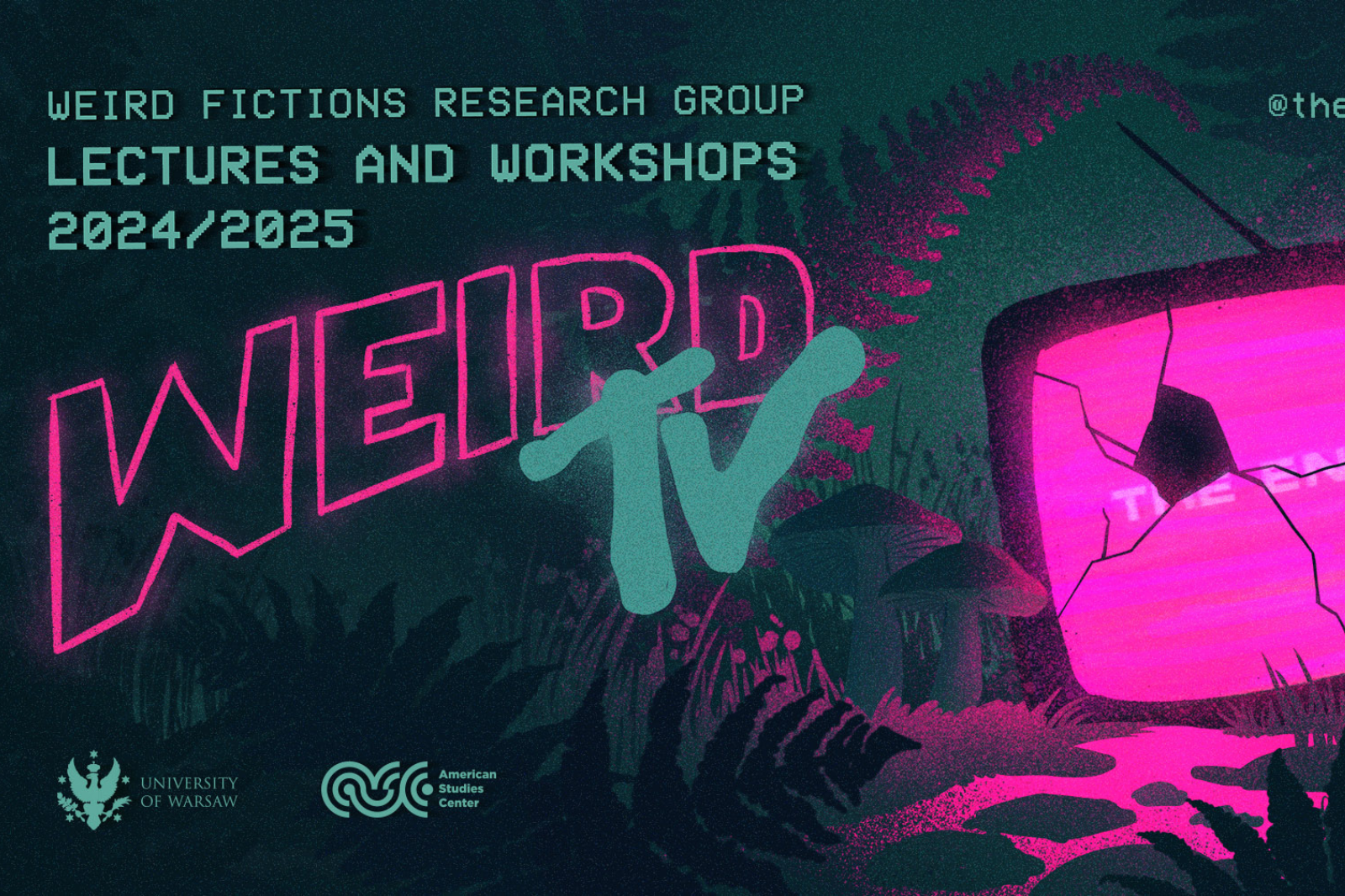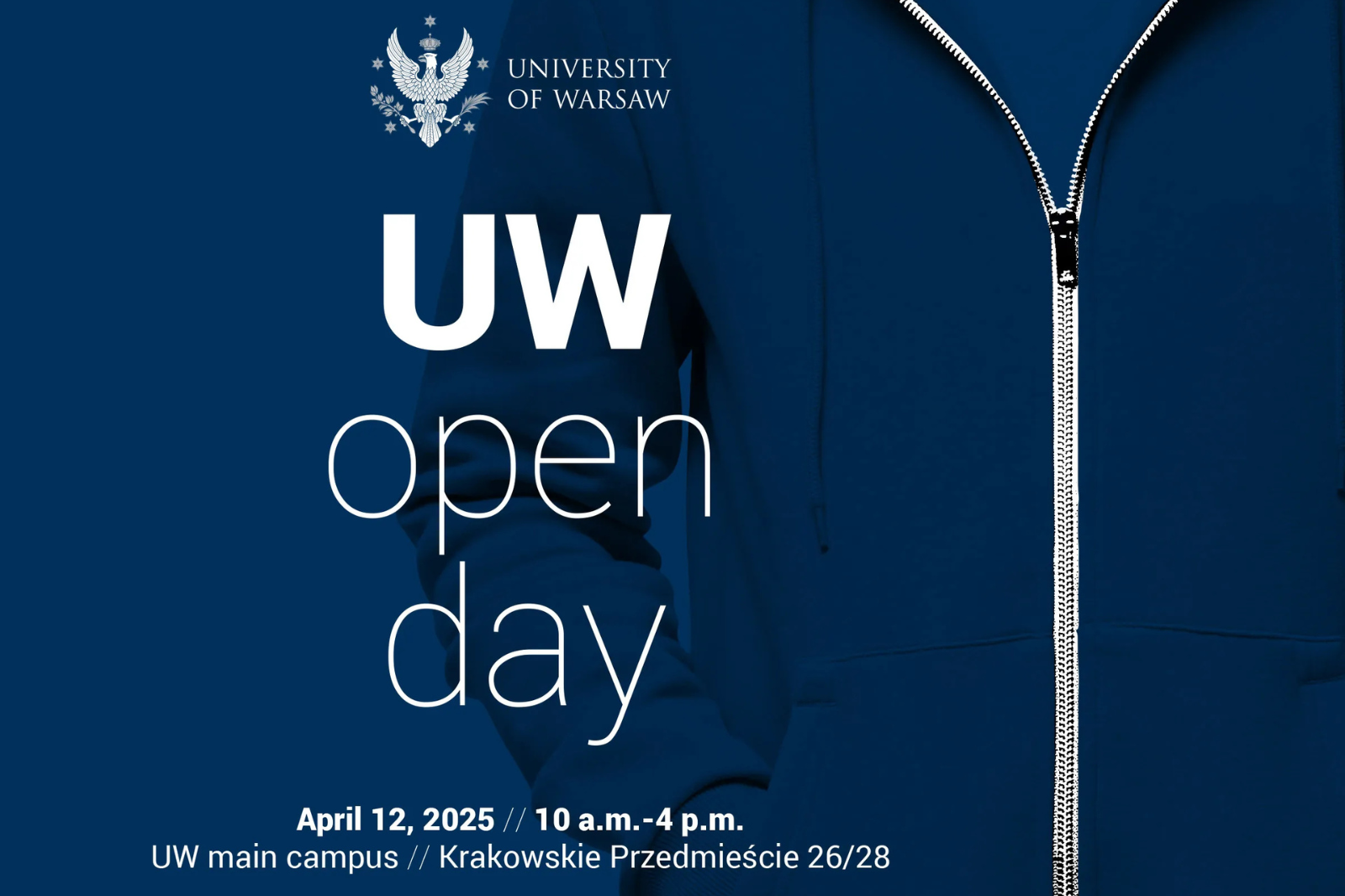Dear Students,
As there are new developments and rules for our academic life and activities, I believe I should relate them to you to keep you updated.
The most important issues for now are:
- Language exams
- Exam session
- Registration
- End-of-semester questionnaire
- OSA Library operation
- As most of the third-year BA students know by now, SZJO announced the schedule for language exams: http://szjo.uw.edu.pl/wp-content/uploads/sites/180/2020/05/Schedule-of-exams-for-summer-2020-English_FINAL.pdf
One of the most important issues is a different format of the exams and a possibility to take only oral component (online) to complete the studies and defend a thesis. This option does not provide a language certificate though. If you want to get one, you can either take both parts of the exam (written – in person, oral – online) or complete the written part next year (you will be secured a free token to do so), provided you are a Warsaw University student then.
- I have already announced that we decided to go for the first round of the exam session: from 15 June 2020 to 05 July 2020. The exam schedule is almost ready; it will be announced soon. First you will get the dates. A little bit later, detailed information on online tools and exam formats for each course will follow. Please remember, by that time you all need to have university e-mail accounts ([username]@student.uw.edu.pl). Without it, you will not be able to participate in the online exam session.
- Another important issue is registration. Again, the schedule will be announced very soon. The first round of the registration will come early this year. This is to avoid any collision with the exams. It will start on 9 June 2020 and last till 30 June 2020.
- We would like to request your help and involvement. This semester the University of Warsaw gave up on the idea of PEJK questionnaires to evaluate individual classes at the end of the semester. Yet, we would like you to devote your time and attention to our own OSA questionnaire There is a strong possibility that we will have to go online with teaching next semester one way or another. It may be temporary, short term, yet we were told to consider this option. Thus, it is absolutely crucial to gather all the experience we gained this semester, to find out what worked and what did not, to be ready for the fall. Please, help us, communicate your experience, your needs and observations. Only then will we be able not to waste time and resources and respond to your needs in case of emergency. IAiE teaching and learning council has already voted on the form. The questionnaire will be administered online. Please, respond. Show we are a community of people who care for one another and want to improve working together.
- In my previous letter to you I promised to provide information about the operations of our OSA Library. Here is what I got from Director G. Kość: The ASC Library’s reading rooms will be closed to readers until further notice. Starting from May 29, 2020, the Library’s checkout counter will be open on Tuesdays 2:00 pm – 5:00 pm and Fridays 10:00 am – 2:00 pm.
Sadly, students will have no access to stacks. They can order books by sending an email (osa@uw.edu.pl) or simply by bringing their orders to the library during the checkout hours.
The librarians take precautions to assure the safety of all library users. You should know that that two-thirds of the ASC Library’s collections can be searched from the UW Main Library’s catalogue; one portal, regularly disinfected, will be set aside for anyone who will want to do a full search of the collection on-site. All the books returned will be quarantined for 4 days, so that the books to be loaned will be safe.
- Keep in mind that 01 JUNE 2020 IS THE DEADLINE FOR WITHDRAWALS FROM COURSES (your right to a one-time withdrawal which, unfortunately, does not exempt you from the duty to collect the required ECTS for the semester). No excuses will be accepted after this date.
- I get mails concerning your OGUN courses. Some of you either did not have them online at all or are told to take in-person final exams, notwithstanding the fact that Rector Choińska-Mika clearly explained that all OGUN courses should be graded online. If you have any problems, if you cannot contact the instructor or cannot fulfill the changed requirements, let me know.
- In particular, I turn to our foreign students who returned to their home countries. Please, if you feel you may have any problems with online exams, like time collisions, connection difficulties or any other obstacles, please report them to me now. We need to know what can go wrong before we can work on solutions to facilitate your completion of this year of studies.
- Similarly, if there are any IT-related problems among our Polish students and you know you may be technologically disadvantaged as a result, let us know as soon as possible so that we can arrange alternative solutions.
- I asked you this at the beginning but I would like to repeat it clearly:we are obliged to report all cases of COVID-19 among university students and faculty. So, please, if you are or have been infected, let us know.
All these are the most burning issues for now. If you believe something else should be addressed, let me know.
Thank you very much for your patience, wisdom, and understanding. We are almost there. Three more weeks and we will start the session. We need to be fully ready by then.
Take care and stay healthy and strong. At any moment, I am here for you. Write, set up a meeting, call.
Yours,
Małgorzata Gajda-Łaszewska




